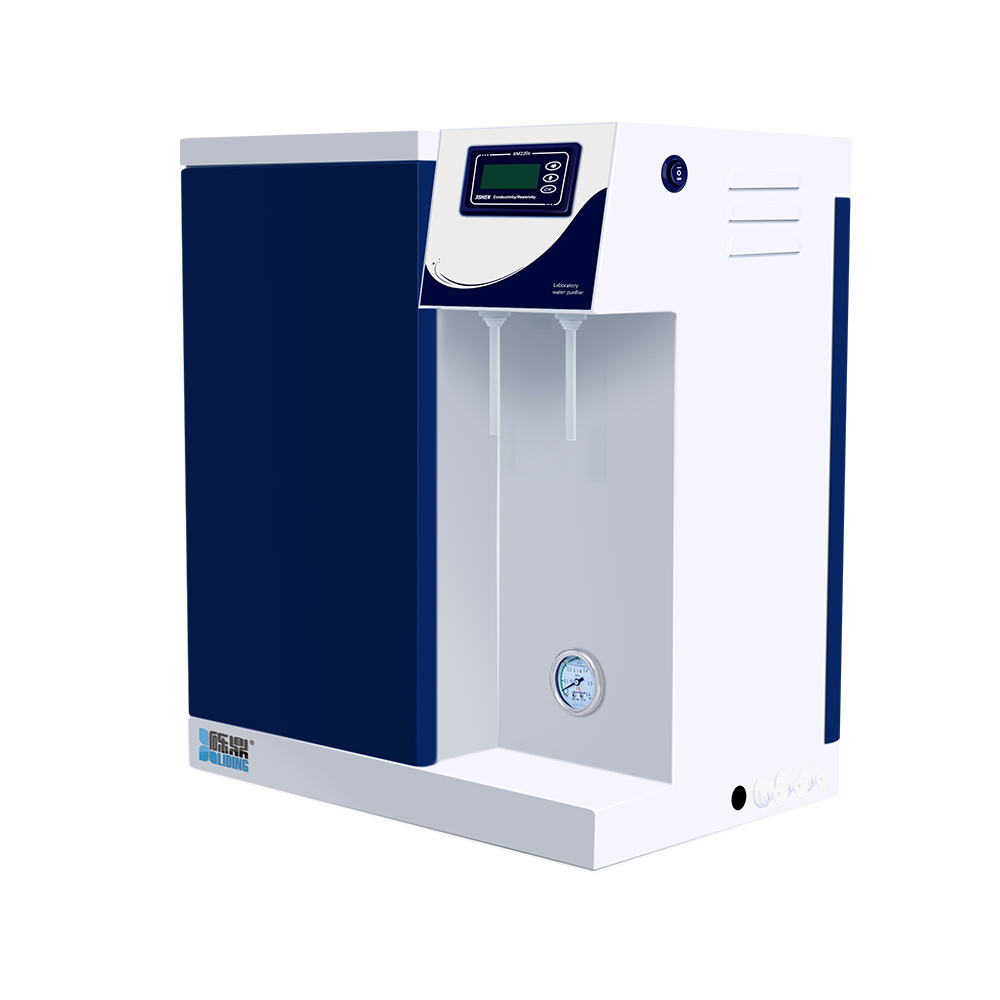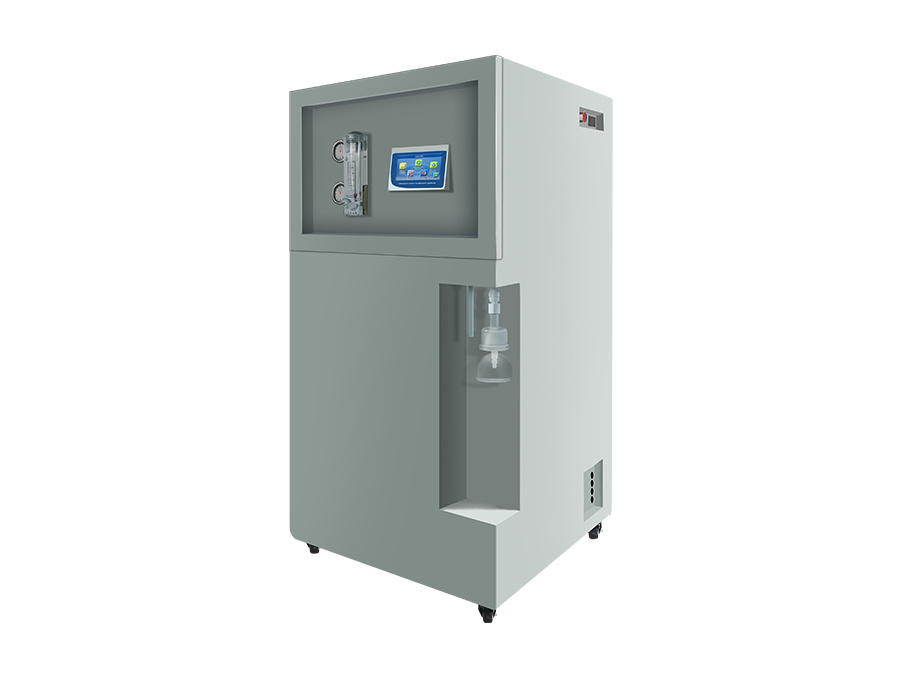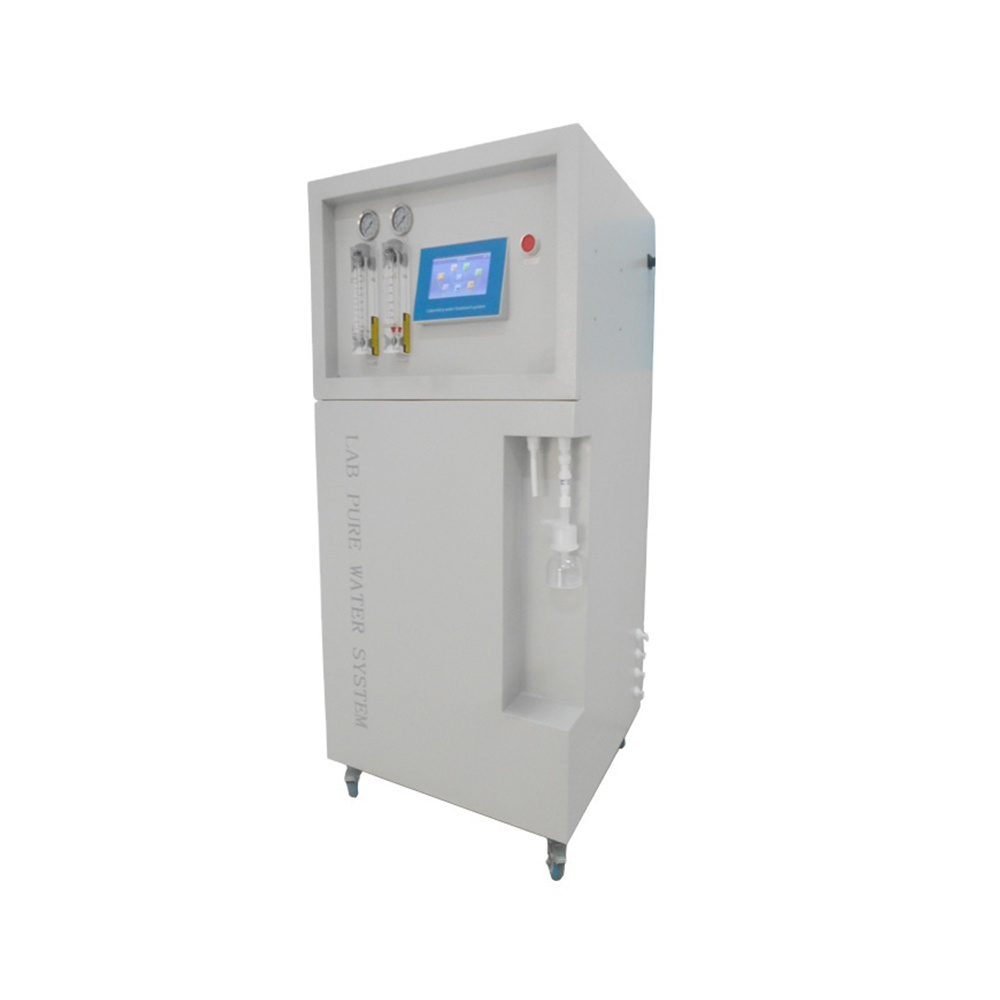How to Identify the Best Ultra Pure Water Purification System for Your Facility
Time:
Nov 16,2025
How to Identify the Best Ultra Pure Water Purification System for Your Facility
In today's rapidly evolving industrial landscape, maintaining the highest quality of water is non-negotiable for many facilities. Whether you operate in pharmaceuticals, electronics, or food processing, the demand for ultra-pure water is critical for superior product quality and compliance with industry standards. This article serves as a detailed guide to help you identify the most suitable ultra-pure water purification system for your specific needs.
Table of Contents
- Understanding Ultra Pure Water
- The Importance of Pure Water in Industries
- Types of Ultra Pure Water Purification Systems
- Key Features to Consider When Choosing a System
- Evaluation of System Performance
- Budget Considerations for Purification Systems
- Maintenance and Support for Purification Systems
- Common Mistakes to Avoid When Selecting a System
- Conclusion
- FAQs about Ultra Pure Water Purification Systems
Understanding Ultra Pure Water
Ultra pure water (UPW) is water that has been treated to remove impurities to a level that meets extremely high purity specifications. Typically, the total dissolved solids (TDS) in ultra-pure water are less than 1 part per billion (ppb). This level of purity is essential for applications that require the utmost reliability and stability, such as semiconductor manufacturing and pharmaceutical production.
The Importance of Pure Water in Industries
In many industries, the quality of water used directly affects production and product quality. For instance:
- Pharmaceuticals: Contaminated water can lead to compromised drugs, resulting in health risks and legal liabilities.
- Semiconductors: Water impurities can induce defects in microchips, causing substantial financial losses.
- Food Processing: Water quality dictates the safety and taste of food products.
Thus, identifying the right ultra-pure water purification system is crucial for maintaining compliance and ensuring product integrity.
Types of Ultra Pure Water Purification Systems
When selecting an ultra-pure water purification system, it’s essential to understand the different technologies available:
1. Reverse Osmosis (RO)
Reverse Osmosis is a widely used technology for producing ultra-pure water. It involves forcing water through a semipermeable membrane, effectively removing a wide range of contaminants. RO is ideal for pretreatment before other purification methods.
2. Deionization (DI)
Deionization removes ionic contaminants through ion exchange resins. This method is particularly effective for achieving the high purity levels required in sensitive applications.
3. Distillation
Distillation involves heating water to create vapor and then cooling it back into liquid form, leaving impurities behind. While effective, this method consumes more energy and time.
4. Ultraviolet (UV) Treatment
UV treatment is used for disinfecting water by inactivating bacteria and viruses. It’s often combined with other methods to enhance water purity.
5. Filtration Systems
Advanced filtration systems, such as microfiltration and ultrafiltration, are effective for removing particulate matter and larger microorganisms without affecting the water chemistry.
Key Features to Consider When Choosing a System
Once you’ve identified the types of systems available, consider these crucial features:
1. Purity Levels
Evaluate the minimum purity levels required for your application. Different industries have varying standards, so ensure that the system can meet these specifications consistently.
2. Flow Rate
Determine your facility's water demand. The system should provide an adequate flow rate without sacrificing water quality.
3. Space and Configuration
Consider the available space in your facility. Some systems require more space than others, especially those with multiple stages of purification.
4. Energy Efficiency
Look for systems that are designed for energy efficiency, as they will save costs in the long run.
5. Automation and Monitoring
Modern systems often come with automated controls and monitoring features, allowing for real-time data on purification performance, which is essential for maintaining compliance.
Evaluation of System Performance
To ensure the selected ultra-pure water purification system performs as expected, evaluate the following:
1. Testing and Certification
Request documentation on testing and certification from reputable third-party organizations to verify the system's performance claims.
2. User Reviews and Case Studies
Research user experiences and case studies related to the system. Feedback from existing users can provide invaluable insights on reliability and efficiency.
3. Maintenance Records
Inquire about the system’s maintenance history and the frequency of required service to better understand the long-term cost implications.
Budget Considerations for Purification Systems
Investing in an ultra-pure water purification system involves various costs, including:
- Initial Purchase Costs: Evaluate the upfront costs of the system and whether it fits within your budget.
- Operational Costs: Consider costs associated with energy consumption, replacement filters, and maintenance.
- Return on Investment: Assess how the system’s efficiency and output will affect your operational costs and product quality over time.
Maintenance and Support for Purification Systems
Reliable maintenance and support are key for the long-term operation of your system:
1. Warranty and Service Agreements
Review warranty options and service agreements to ensure prompt assistance and parts replacement when necessary.
2. Technical Support
Choose a provider that offers robust technical support to troubleshoot and resolve issues quickly, minimizing downtime.
Common Mistakes to Avoid When Selecting a System
Choosing the right ultra-pure water purification system can be daunting. Here are some common mistakes to avoid:
- Neglecting Specific Requirements: Failing to assess the unique needs of your facility can lead to choosing an inadequate system.
- Overlooking Maintenance Needs: Ignoring the maintenance requirements can result in unexpected costs and downtime.
- Choosing Price Over Quality: While budget is important, selecting the cheapest option may compromise quality and efficiency.
Conclusion
Selecting the best ultra-pure water purification system for your facility is a crucial decision that can impact your operations significantly. By understanding the different types of systems, evaluating their key features, and considering budget and maintenance needs, you can make an informed choice that ensures high-quality water for your specific requirements. Remember that investing in a reliable purification system not only enhances product quality but also contributes to overall operational efficiency.
FAQs about Ultra Pure Water Purification Systems
1. What is the difference between pure water and ultra-pure water?
Pure water may contain some impurities, while ultra-pure water has been treated to remove virtually all contaminants, achieving a purity level suitable for highly sensitive applications.
2. How often should I replace the filters in my ultra-pure water system?
The frequency of filter replacement depends on usage and water quality. Regular monitoring and maintenance are essential to determine the right schedule.
3. Can I install an ultra-pure water purification system myself?
While some systems are designed for easy installation, it is recommended to seek professional help to ensure proper setup and compliance with regulations.
4. What are the main contaminants removed by ultra-pure water systems?
Common contaminants include bacteria, viruses, particulate matter, heavy metals, and dissolved salts, all of which can affect water quality.
5. How do I know if my water purification system is working correctly?
Regular testing of water quality and performance metrics, along with monitoring system data, will help you ensure that your purification system is functioning correctly.
RELATED NEWS








